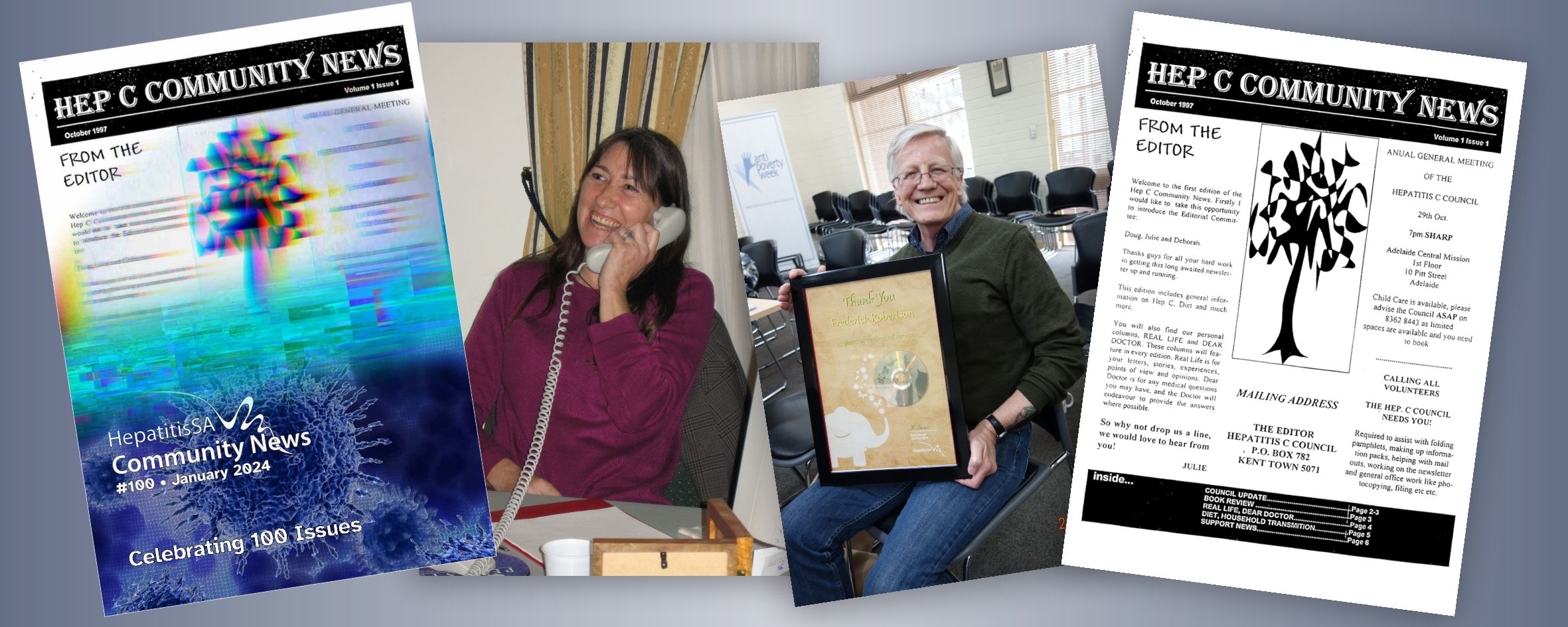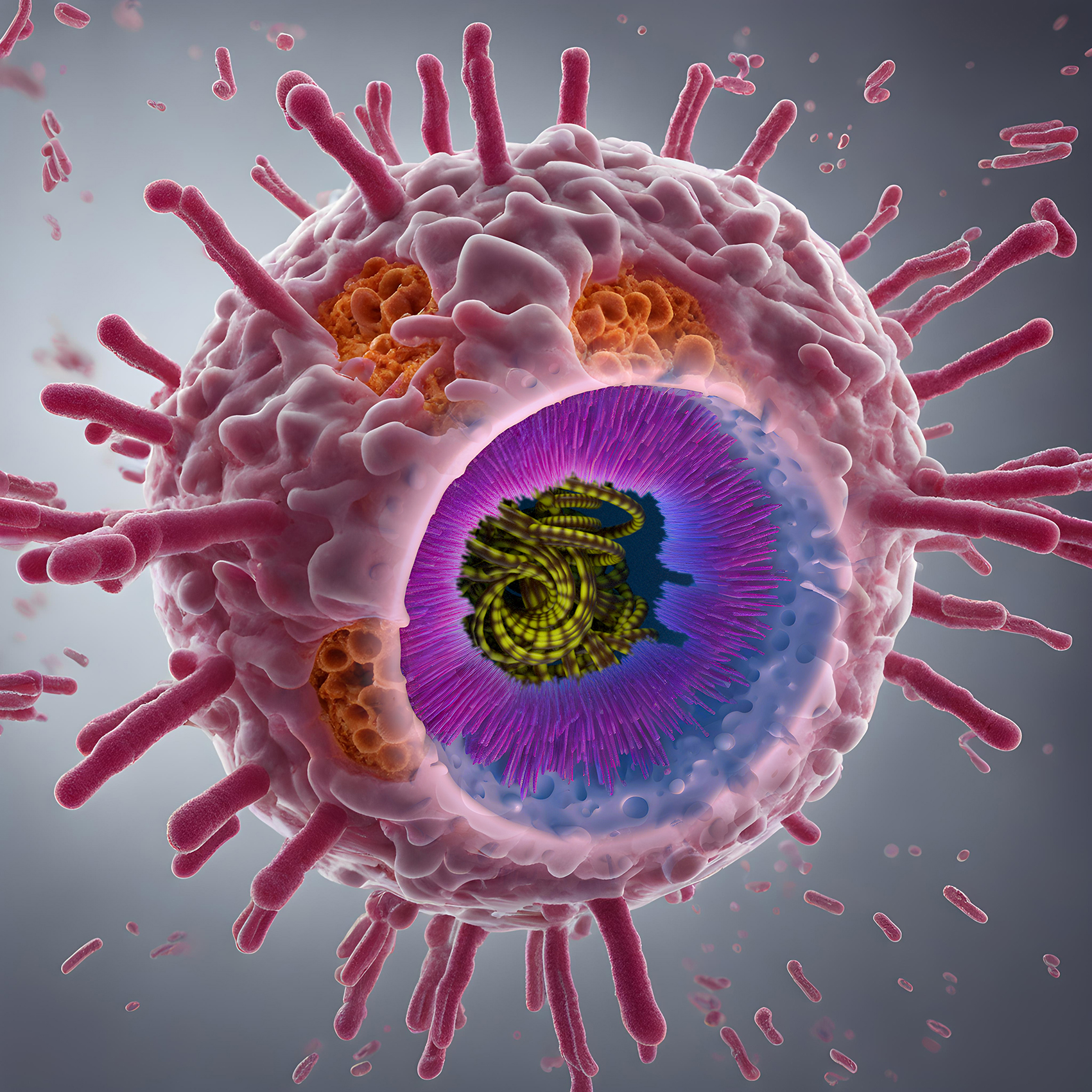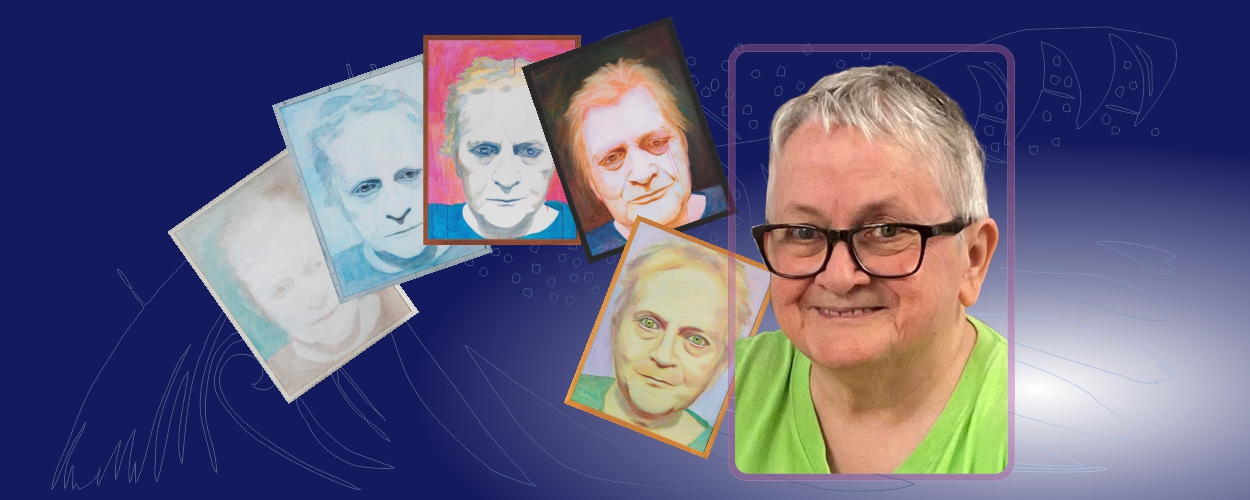Before social media and online chat, there were newsletters. People read them, wrote letters to the editor and contributed essays. That’s when our Community News was born – back in 1997, as a platform for discussion and sharing knowledge – part of a nascent hepatitis C information and support service.
Come February 2024, the Community News publishes its 100th issue. In this retrospective, we take a look at how the publication has evolved over the years.




